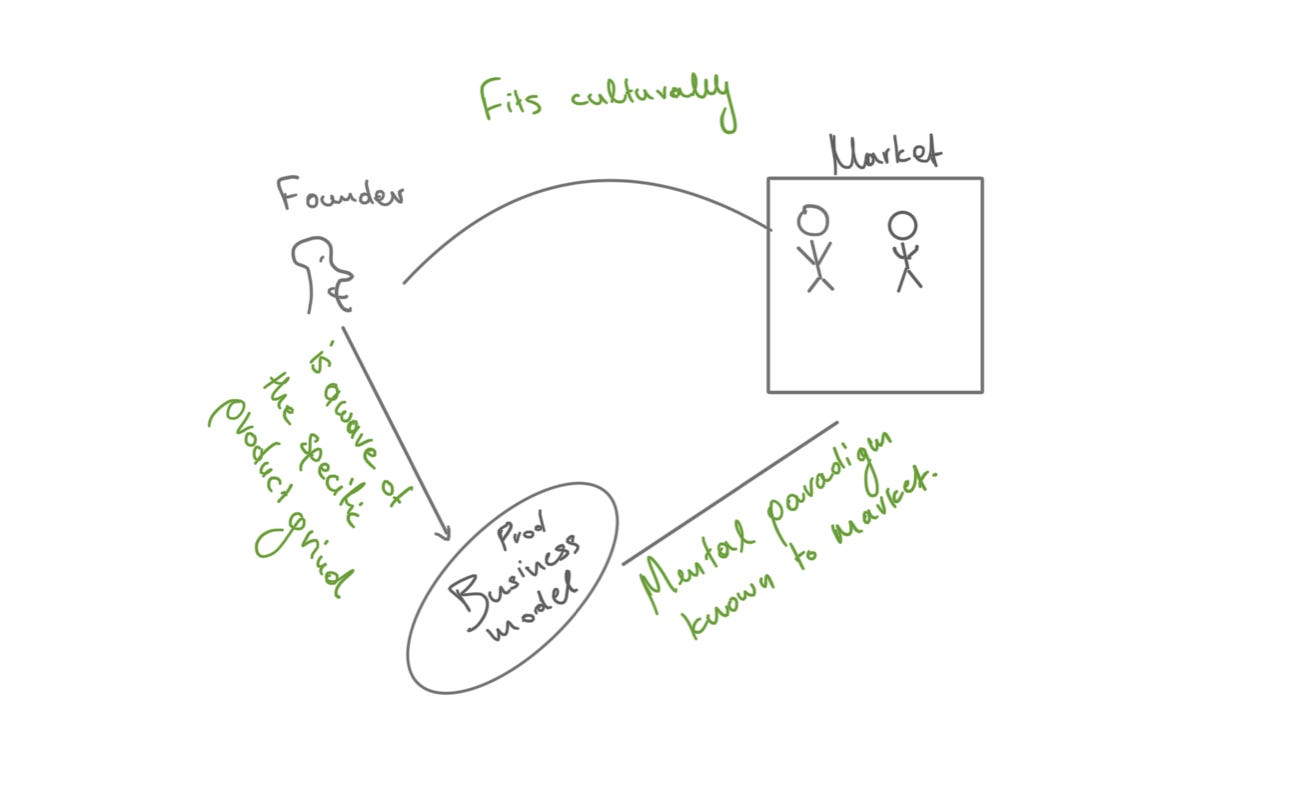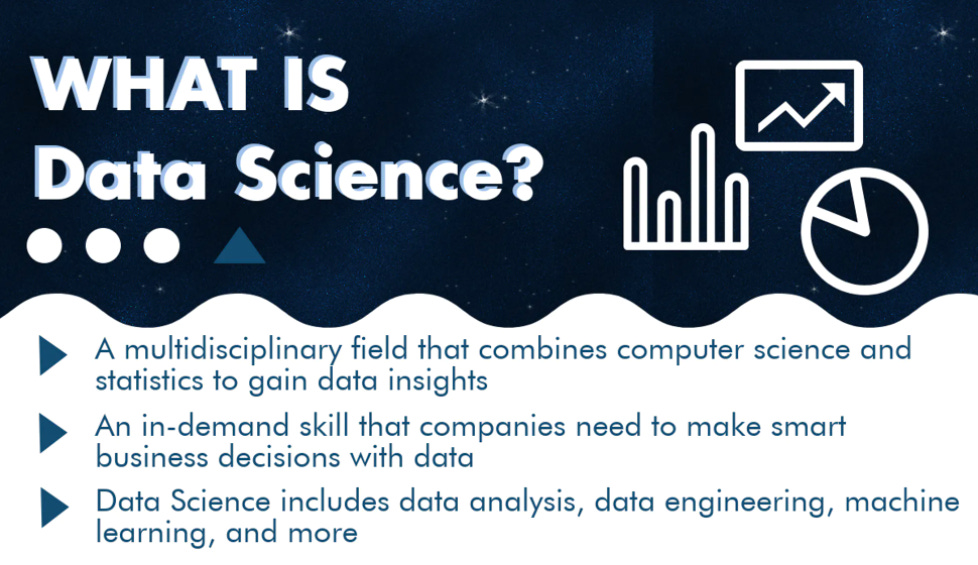The last mile of education is broken, and she is here to fix it. That is the feeling I’m left with after a recent conversation with Katie Kent, Co-Founder of Placement. I had the pleasure of connecting with Katie a few weeks back to learn exactly what she and the team at Placement are doing to democratize economic opportunity access.
Katie does not hold back! Our conversation was one of the more spirited interviews I’ve done, and it gave me renewed insight into the importance of matching the right talent to the right job. We spoke about the growing disconnect between education and labor and the different ways to think about hard skills. I especially loved the confidence Katie has that the Placement team is made up of the best people in the world to solve the last mile of education problem. Whether this is true or not is irrelevant. This is the commitment that’s needed to help everyone in the world get the job they deserve.
We dove into:
The "what," "how," and "want" that make up the last mile of education;
The importance of Founder-Market Fit;
Investing in skills that open up a greater level of opportunity; and
Mindset versus Tools.
I'm grateful to Katie for this amazing conversation, and I hope you enjoy it! Feel free to reach out with any feedback or any questions for Katie or me!
The last mile is a term usually reserved for logistics, something Katie and her co-founder Sean Linehan know something about as alumni of Flexport. It is typically the last leg of a long journey of moving people and/or goods to a final destination. It is also usually the most expensive part of the whole journey.
The last mile for Amazon, is getting packages from their city warehouses to your front door.
For Uber, it’s about that last quarter of your ride home.
For Placement, it's about preparing their users to land the job they want, connecting what job seekers learned in “school” to what they need to get hired.
Katie is clear about one thing: our education system has done a poor job of preparing people for the world of work. The reward of going to school to better your career options is far from guaranteed any more. Placement is working to reduce this chasm. The one that exists between what you learn in school and what you actually need to get hired. Now a veteran of the online education and training space, I wanted to understand her path to Placement.
Rewind to 2013.
Katie’s first job out of school was working for a CleanTech Venture firm. Within a year, she left to start America's first data science boot camp.
David: What made you venture out on your own so quickly?
Katie Kent: I’m an opportunist!
While still working for the venture firm, Katie met two technologists on Twitter(!) who wanted to start a school for data science. She saw the need to apply data science in her existing work as an associate at the firm but struggled to find practitioners capable of performing the work, so she jumped at the idea! The school was to be industry-first, instead of ivory-tower like. This meant designing curriculum around the work that companies were currently doing, the actual activities they needed to be performed day-in and day-out. They set out to teach people what would actually be necessary to be effective on the job. Katie and her co-founders launched Zipfian Academy in 2013 with just this mission in mind.
About eighteen months in, Zipfian was acquired by Galvanize, one of the bigger players in the alternative education market. At Galvanize, Katie, among a handful of other endeavors, built the team responsible for job placement, including helping candidates assess what roles to go after (the "what"), how to present their best self through their resume and interview (the "how'“), and how to negotiate an offer (the "want"). Although she didn’t know it at the time, this is how the seeds for Placement were originally planted.
These three areas (the what, the how, and the want) make up the last mile of education.
Founder-Market Fit
Katie's conviction that she and her co-founder are the best people in the world to solve the last mile of education problem was refreshing to hear! Of course, I wanted to know why she was so sure. But I was also curious why Placement chose to focus on helping identify candidates' skill gaps when a more obvious route would have been to help them acquire the missing skills.
KK: Do you believe in Founder-Market Fit?
(I thought I was asking the questions here!)
For some context, "Product Market Fit" is often used in the early days of a startup. There are several ways to think about Product Market Fit, but I’ll borrow from Marc Andreessens’s The Only Thing that Matters:
Product/Market fit means being in a good market with a product that can satisfy that market… You can always feel product/market fit when it's happening. The customers are buying the product just as fast as you can make it -- or usage is growing just as fast as you can add more servers.
Think about satisfying Founder Market Fit as similar, just from a different angle. Asking, "Why am I the right person to work on this problem for ten years?" For Katie, it was about building a company that relied on her and her co-founder’s unique professional skills and experience.
KK: I grew up in the bootcamp world. I've seen so many people start programs. I know how the Lambda School’s of the world operate. Because of that, I can see the horizontal problem in a really clear way. In a way that I feel like I'm the best person in the world to solve it. Sean is a platform thinker and thinks platform-first in the way that he builds offerings and companies. So for us on founder market fit, we saw that we could not only build a horizontal offering extremely well but that we were the best people in the world suited to do it.

Katie’s professional experience allows her to understand the problem she's trying to solve extremely well, but she has also personally experienced the transformational power of upward mobility. Growing up in Detroit, she was able to trade up from a minimum wage job to take on multiple leadership roles at multi-billion dollar businesses, and now as the lead of her own venture-backed startup.
The goal here is not for me to wax poetic about a rags-to-riches story, but instead highlight how Katie’s path of continuous learning, up-skilling, and extreme focus can help you think about your own career journey.
Focus.
Whether you're thinking of starting a business like Placement or not, it's easier to win when you focus on and build off what you’re good at. Maybe you're just making a decision about your next role or assessing what skills to work on to fill your knowledge gap. Doesn't matter what your next step is, the message here is to lead with your strengths and passion.
Where to start can often feel daunting. Katie shared with me the details of how Placement identifies the skills that really move the needle for recruiters or a hiring manager. Using both machine learning on job descriptions, alongside qualitative data from interviews with recruiters and hiring managers, Placement's able to help candidates identify the skills gaps in their resume that matter. But in a world where in-demand skills are constantly changing, I wanted to learn more about how Placement zeros in on the specific gap(s) that matter.
KK: There’s a very limited time to learn skills that are expensive to acquire. You should always learn ones that are laser-focused on opening up a greater level of opportunity to you. What I recommend to people is to pick up a skill that will increase access to a meaningful amount of jobs at a higher pay point. The concrete example that I see often is someone who knows how to use Excel well, who knows how to create presentations, knows how to do business analysis, and having them learn SQL. That’s the biggest hack out there in the world today. All business analysts should learn SQL. They could all make $10,000 more!
Your ability to take on new tools (like SQL) is, of course, part of increasing your list of hard skills. It also enables you to communicate in another language. As the in-demand tools constantly change, it is important to always balance tool mastery versus sharpening your conceptual understanding of what the tools are enabling.
The Hardest Part About Hard Skills.
As is my nature, I had to ask Katie for her take on the top skills for the modern workforce. “A growth mindset,” is the soft skill she wishes all Americans had, but she offered up a different perspective when we spoke about hard skills. She presented a more nuanced view that hard skills should be broken down into mindset and tools. She explains "mindset" as the ability to understand something conceptually, for example, object-oriented programming. This is where the hard work to gain hard skill lies. The other half of hard skills lies in the application of the tools (how to use SQL, Salesforce, Airtable, etc.).
KK: The tool part is not the hard part to learn. You can get up to speed with a new tool pretty quickly. The hardest part to learn, in terms of hard skills, is the conceptual, the philosophical. How do you think quantitatively? How do you wrap your mind around pointers in a technical system so that it doesn't change?
I appreciate Katie’s take and walk away thinking about the message in all of this. On the one hand, it’s clear you augment your candidacy by picking up a specific, high-value skill. But as a lifelong learner, an infinite learner, I benefit the most by investing time to understand the conceptual portion of the skills I need.
I articulate this as investing for the next job versus investing in a career. Both are important, although the latter will have a much greater LTV. It's important to invest wisely!
I’m excited by the work that Katie, Sean, and the team at Placement are doing to unlock the career potential of all their users. As we as a society try and create a more equitable employment playing field, attaining the relevant skills is just the battle. Getting your foot in the door, communicating why you’re a "Yes", not a "No", and being paid what you're worth are all parts of winning the war.





